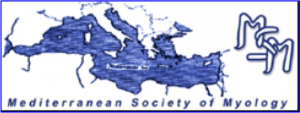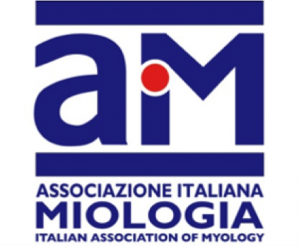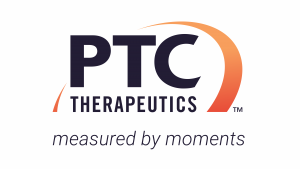Myotonic dystrophy type 1 is a multisystemic disorder characterized by myotonia, muscle weakness and involvement of several organs and apparatus such as heart, lungs, eye, brain and endocrine system. Hypogonadism and reproductive abnormalities are frequently reported. A progressive testicular atrophy occurs in about 80% in the affected males leading to Leydig cell hyperproliferation and elevated basal follicle stimulating hormone (FSH) levels. Anti-Müllerian hormone (AMH) – a dimeric glycoprotein belonging to the super-family of transforming grow factor beta (TGF-beta) – is the earliest Sertoli cell hormone secreted in males and, together with inhibin B and FSH, is an important indicator of Sertoli cell function. AMH levels remain high during the whole prepubertal phase and are down-regulated in puberty by the increasing testosterone levels. Aims of the work were to assess the AMH levels in 50 patients with Myotonic Dystrophy type 1 aged less 50 years and to investigate whether it may contribute to the endocrine function impairment observed in these patients. The results confirmed a reduction of testosterone levels associated with an increase in Luteinizing Hormone (LH) and FSH compared to controls, suggesting a reduced function of the Sertoli cells. Conversely the average levels of AMH were significantly lower in patients compared with controls, and almost undetectable in about 60% of them. Further studies are necessary to better clarify these findings.






